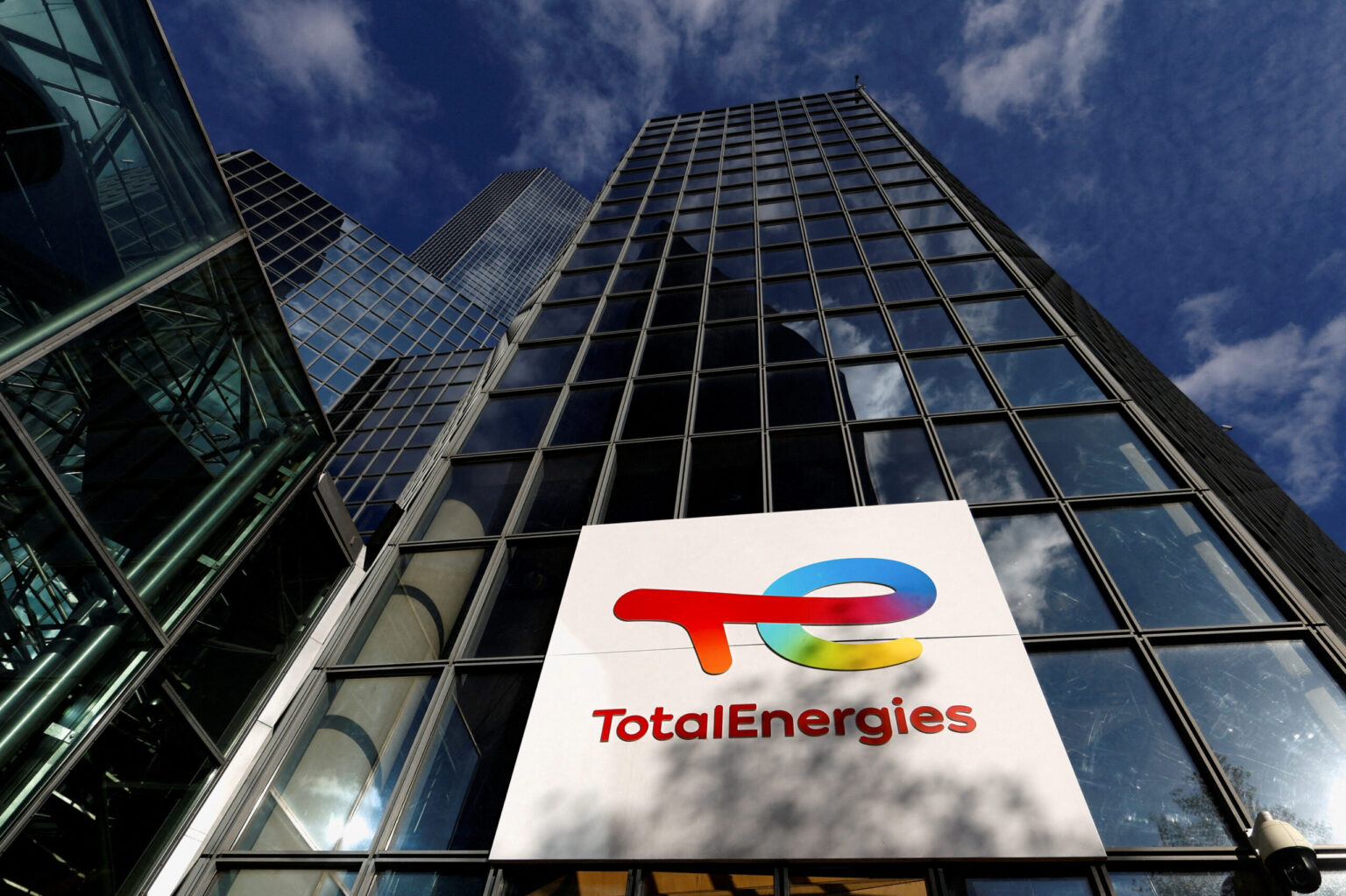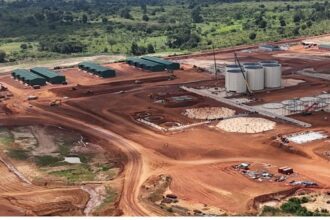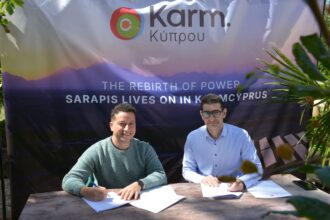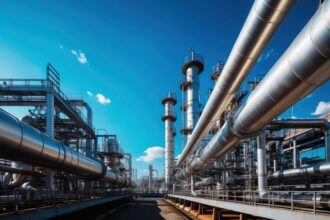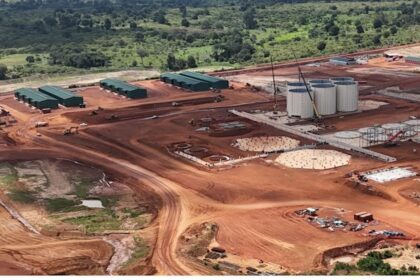At a Glance
- Global oil giants ramp up African investments to secure LNG and oil supply.
- Africa’s offshore basins and gas corridors emerge as top energy growth frontiers.
- Strategic megaprojects reshape Angola, Nigeria, Mozambique, and Senegal into energy hubs.
Global oil giants are tightening their grip on Africa’s energy future as competition for high-return oil barrels and liquefied natural gas (LNG) projects heats up.
With demand surging across Europe and Asia, Africa’s vast reserves and untapped deepwater plays have become critical battlegrounds for the world’s largest energy companies.
From West Africa’s prolific offshore basins to Southern Africa’s fast-emerging gas corridors, companies like TotalEnergies, Eni, BP, Shell, and ExxonMobil are pouring billions into exploration and production.
Their strategic investments are transforming Angola, Nigeria, Mozambique, and Senegal into global energy hubs while supporting African producers’ efforts to reverse output declines and secure foreign capital for energy transition projects.
As LNG prices remain elevated and the world scrambles for supply diversification, international oil companies (IOCs) are doubling down on African megaprojects, betting on the continent as a growth engine for the next decade.
Here’s a curated list of 10 international oil companies dominating Africa’s oil and gas landscape:
TotalEnergies — The French Energy Powerhouse
TotalEnergies has built one of Africa’s largest upstream portfolios, expanding aggressively across West and Southern Africa.
Its new Nzombo offshore permit in the Republic of Congo underscores a strategy centered on high-impact exploration and long-term production growth.
Projects in Angola and Congo strengthen its LNG footprint, while the company’s integrated gas model continues to attract investor confidence.

Eni — Deepwater Leader and LNG Specialist
Italy’s Eni is cementing its role as a major LNG player, leveraging deepwater expertise to monetize Africa’s gas reserves.
Its Azule Energy joint venture with BP is driving multi-billion-dollar drilling campaigns in Angola, a cornerstone of Eni’s plan to feed Europe’s LNG demand. Eni’s strong position in Mozambique further boosts its status as a leading LNG supplier.

BP — Strategic Partnerships and Growth Bets
BP is focusing on targeted African ventures through partnerships like Azule Energy, which has committed billions to boosting Angola’s output.
While BP pivots globally toward lower-carbon solutions, its African portfolio reflects a disciplined approach to securing profitable, long-life barrels and LNG opportunities through risk-sharing alliances.

Shell — Pragmatic Deepwater Investments
Shell, with its long-standing deepwater presence in Nigeria and Congo, is making calculated moves to retain profitable oil assets while preparing for the energy transition.
Its capital allocation decisions in Africa will signal how majors balance oil investments with renewables over the next decade.

Chevron — Oil Stability and Gas Expansion
Chevron remains a cornerstone player in Nigeria and Angola, with major investments in gas development to enhance West Africa’s role as a regional supply hub.
Chevron’s commitment to workforce development and infrastructure reflects its strategy to secure long-term energy security.

ExxonMobil — Project Execution at Scale
ExxonMobil maintains one of the broadest footprints in Africa, advancing high-capacity LNG projects and new exploration plays.
Its deep pockets and track record in delivering mega-projects make it a sought-after partner for African governments aiming to accelerate energy growth.

Equinor — Norway’s Offshore Engineering Expert
Equinor is selectively investing in Algeria, Angola, Libya, and Tanzania, leveraging cutting-edge offshore engineering to unlock marginal deepwater reserves. The company’s expertise positions it as a technical partner for Africa’s most complex offshore ventures.

CNOOC — China’s Offshore Energy Giant
CNOOC is rapidly expanding in Africa with strategic stakes in Nigeria and Uganda. Its willingness to finance large-scale, high-risk projects offers African governments alternative funding routes while cementing China’s influence over Africa’s energy infrastructure.
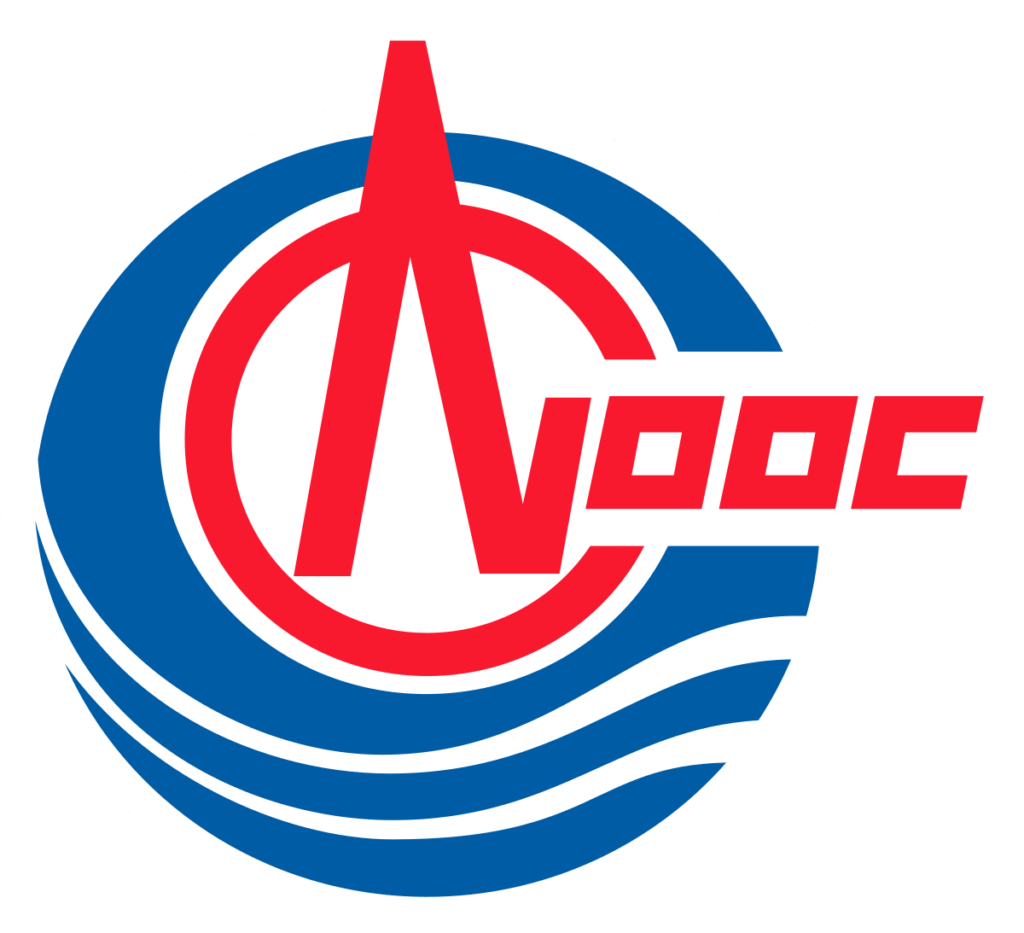
Sinopec & CNPC — China’s Gas-Driven Expansion
Chinese state-owned giants Sinopec and CNPC are ramping up exploration in North Africa and sub-Saharan gas markets, targeting assets to feed LNG exports and domestic industrial demand. Their partnerships with African national oil companies are reshaping the continent’s energy ownership dynamics.
Woodside Energy — Australia’s Rising West African Player
Woodside Energy has firmly planted its flag in Africa with the Sangomar oilfield in Senegal, marking one of West Africa’s biggest recent oil milestones. The project highlights the increasing role of new entrants challenging traditional Western supermajors.


